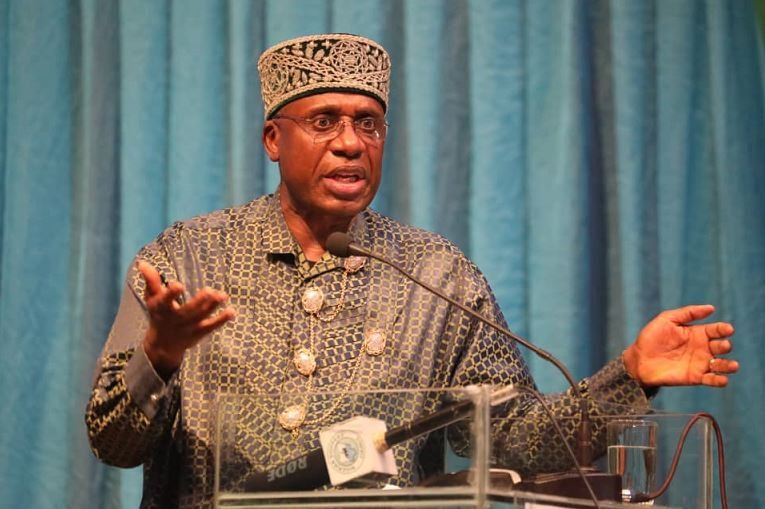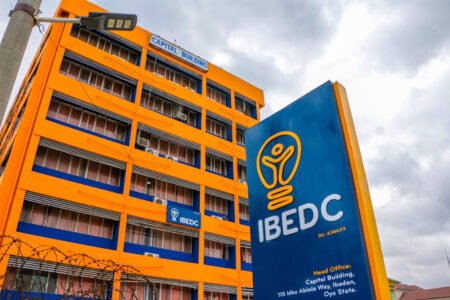Taiwo Oyedele, Chairman of the Presidential Fiscal Policy and Tax Reforms Committee, has stated that wealthy Nigerians earning N100 million or more per month will face a 25% personal income tax rate if a new tax bill is ratified by the National Assembly.
He argued that 90% of existing taxpayers are those who should not be taxed, while arguing for a more simplified and equal tax structure in the country.
This disclosure was made on Monday during a breakout session of the ongoing 30th Nigeria Economic Summit, which is being hosted by the Nigerian Economic Summit Group and the Ministry of Budget and National Planning in Abuja.
Oyedele underlined the importance of striking a balance between lowering the tax burden on low-income earners and ensuring that the wealthiest contribute more to government revenue.
“If you earn N100m a month, we are taking up to 25 percent from the rich people. That’s because we need to balance the books,” Oyedele stated.
The fiscal policy expert stated that the government is prepared and determined to ensure that the appropriate individuals pay taxes and that his committee is actively working to achieve this aim.
He noted that the proposed amendments are scheduled to take effect in January 2025, assuming the bill is passed by lawmakers.
Oyedele stated that middle-income individuals earning N1.5 million or less per month will have their personal income tax requirements reduced, while those earning more would experience progressive rises in their tax rates, eventually reaching 25%.
Lower-income earners would be completely exempt from personal income taxes. The reforms also aim to reduce the tax burden for enterprises.
Oyedele noted: “Today, whatever VAT you (businesses) pay on assets—whether you’re building a factory, buying a laptop, or vehicles—you bear it. This increases your cost, and therefore, your pricing will go up. Once our reforms are implemented, you get the credit back 100 percent on services and assets.”
“People will pay tax once we decide that they have to pay. What we realise is that almost 90 percent of people who are paying taxes are those who should not have been paying in the first place,” he said.
“So that’s where we came up with the data that 97 percent of the informal sector should be formally exempted from taxes. People do not understand where we are coming from. They’re not the ones to pay taxes. They’re just trying to survive.”
Speaking on how his committee is working to ensure that the proper people pay taxes, Oyedele stated that the team will use main data identification channels to accurately place the appropriate group of taxpayers in the tax bracket.
Furthermore, the corporate income tax rate is slated to be reduced from 30% to 25%, which Oyedele called “huge” for firms. Other substantial tax reforms include lowering or eliminating VAT on critical products and services like food, health, education, housing, and transportation.
These vital services account for a significant share of lower-income households’ expenditures, and the proposed reforms seek to alleviate their financial burden.
However, Oyedele admitted that not all industries would profit from lower tax rates.
The VAT rate would be increased for other goods and services in order to keep the government’s income book balanced.
He also stated that inflation had already functioned as a “disorderly” tax on the public, degrading the value of their currency without the need for law.
In response to concerns about tax incentives and waivers, Oyedele claimed that indiscriminate rewards harm the economy and that eliminating needless incentives might benefit the business sector without losing the government money.
“We cannot give all the incentives you are asking for. We think the biggest low-hanging fruit is removing these incentives, and that’s exactly what we are doing,” Oyedele concluded.











